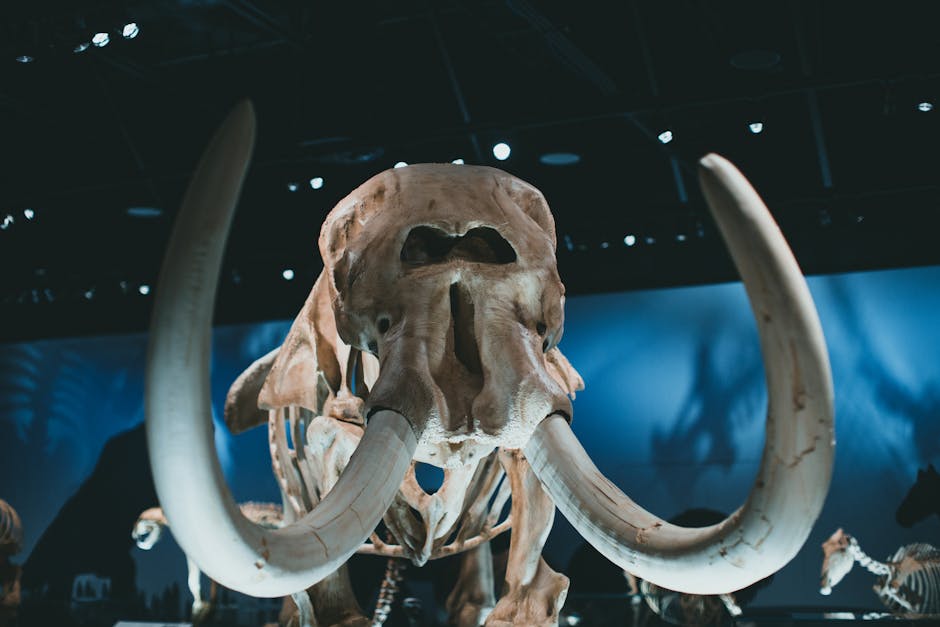The pursuit of knowledge has been a defining characteristic of humanity since the earliest civilizations. From rudimentary observations of the natural world to the intricate mechanisms of modern physics, scientific discovery represents a continuous process of exploration, refinement, and revolution. This journey, rich in triumphs and setbacks, offers a compelling narrative of intellectual growth and the development of our understanding of the universe.
Early Seeds of Observation: Ancient civilizations laid the groundwork for future scientific endeavors. Egyptian astronomers, for example, meticulously tracked celestial movements, establishing a foundation for understanding the cycles of the sun and the seasons. Their practical concerns, such as agricultural planning and religious rituals, fueled early scientific curiosity. Mesopotamian mathematicians developed complex systems of arithmetic and geometry, vital for surveying land and managing resources. These civilizations didn’t explicitly conceptualize “science” as a unified field of study, but their observations and practical applications laid crucial groundwork for future advancements. Greek thinkers, in particular, demonstrated a remarkable capacity for abstract reasoning and a thirst for understanding the fundamental principles of the cosmos.
The Rise of Greek Rationalism: Philosophers like Thales, Pythagoras, and Aristotle championed reason and observation as tools for understanding the world. While their methods and conclusions varied, they all contributed to the emerging field of natural philosophy, a precursor to modern science. Their attempts to explain natural phenomena through logic and deduction, even when occasionally inaccurate, represented a significant departure from purely mythological explanations. Aristotle’s comprehensive system of natural philosophy, though flawed in some aspects, remained influential for centuries. This period witnessed a shift from purely practical concerns to a desire for a deeper, theoretical understanding of the natural world.
The Dark Ages and the Rebirth of Inquiry: The decline of the Roman Empire brought a period of relative stagnation in scientific advancement across Europe. However, advancements continued elsewhere. Islamic scholars, drawing from Greek and Mesopotamian traditions, preserved and advanced knowledge in mathematics, astronomy, and medicine. Their translations and interpretations of ancient texts played a critical role in the later European scientific revolution. As Europe transitioned into the Middle Ages, the focus shifted towards theology, often intertwining religious beliefs with natural philosophy. Slowly, however, the spirit of inquiry re-emerged, laying the foundation for the scientific revolution that would follow.
The Dawn of Modern Science: The 16th and 17th centuries marked a pivotal period in the history of scientific discovery. Nicolaus Copernicus challenged the prevailing geocentric view of the universe, proposing a heliocentric model. This simple yet revolutionary shift in perspective ignited debate and paved the way for further investigations. The works of Johannes Kepler, Galileo Galilei, and Isaac Newton exemplified the power of observation, experimentation, and mathematical reasoning. Kepler’s laws of planetary motion, Galileo’s telescopic observations, and Newton’s laws of motion and universal gravitation provided a new framework for understanding the physical universe, moving away from reliance on philosophical dogma. This period witnessed a shift towards empiricism, emphasizing observation and experimentation as the primary means of acquiring knowledge. Francis Bacon championed this approach, advocating for inductive reasoning and the systematic gathering of data.
The Enlightenment and the Expansion of Knowledge: The Enlightenment further propelled scientific advancement. Prominent figures like Antoine Lavoisier revolutionized chemistry through his experimental work, shedding light on the principles of combustion and conservation of matter. The development of the scientific method, with its emphasis on hypothesis testing and experimentation, fostered a culture of rigorous inquiry. Across disciplines, contributions emerged: from Carl Linnaeus’s classification system in biology to the explorations of the physical world by explorers and naturalists.
The 19th and 20th Centuries: Advances in scientific instrumentation and the development of new theories drove breakthroughs across various disciplines. Charles Darwin’s theory of evolution by natural selection offered a radical explanation for the diversity of life, while Gregor Mendel’s work on heredity laid the foundation for modern genetics. The discovery of electromagnetic radiation, the development of quantum mechanics, and the theory of relativity revolutionized our understanding of the universe at the macroscopic and microscopic scales. The 20th century also saw the emergence of new scientific disciplines such as molecular biology and cognitive science. The development of powerful tools like the microscope and the telescope dramatically enhanced our ability to observe and explore the natural world.
Contemporary Science: The modern era witnesses the convergence of scientific disciplines, leading to new and complex understandings of the world. Interdisciplinary collaborations and technological advancements fuel discoveries at an ever-increasing pace. From genomics and nanotechnology to climate science and astrophysics, scientists are addressing global challenges and expanding our knowledge of the universe in unparalleled ways.
Looking Ahead: The future of scientific discovery promises even greater advancements. Ongoing research in areas like artificial intelligence, biotechnology, and space exploration has the potential to transform our lives in profound ways. However, as science advances, it’s crucial to consider the ethical implications of these developments, ensuring that scientific progress benefits all of humanity. The history of scientific discovery serves as a testament to the power of human curiosity and the continuous pursuit of knowledge. It is a dynamic process, a perpetual tapestry woven with threads of innovation, challenge, and discovery, that continues to shape our understanding of the world around us and our place within it.
